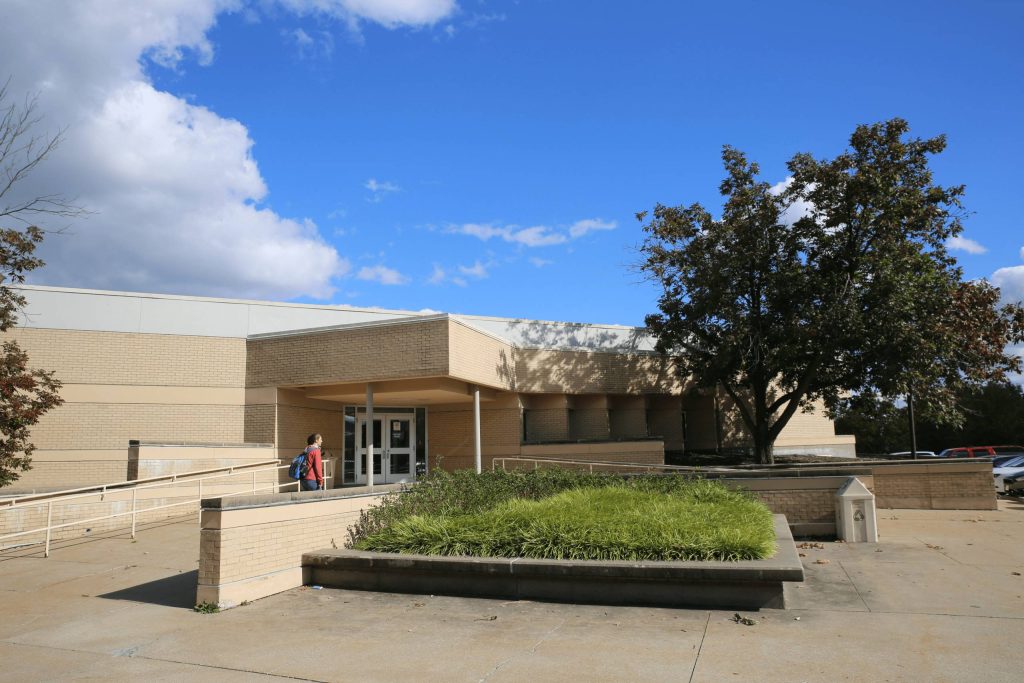
With its land-grant mission, the University of Missouri College of Agriculture, Food and Natural Resources (CAFNR) is focused on research, teaching and Extension in an effort to improve the lives of Missourians. The Division of Animal Sciences will soon take that philosophy on the road with help from the Missouri Department of Agriculture (MDA).
Next year, CAFNR will send two mobile meat processing training centers throughout the state, as part of a pilot program, to address the labor shortages within the meat processing industry. Funding for the program is being provided by MDA, through the Meat and Poultry Processing Grant Program, which was supported by the General Assembly’s appropriation of $20 million of federal funds from the CARES Act.

“We want to help train and bring that skilled labor into these existing businesses,” said Bryon Wiegand, director of the MU Division of Animal Sciences. “Our focus is research, teaching and Extension, and it’s important to deliver on that mission for all Missourians. We’re hoping to move the needle for the state and beyond.”
“Increasing meat and poultry processing capacity has been a priority of the Department,” Missouri Department of Agriculture Director Chris Chinn added. “Labor is a necessity in order to keep the small processing facilities open and make a difference for Missouri’s farmers. We are happy to partner with MU to take this training program out to the people.”
Ty Peckman, an instructor in the Division of Animal Sciences, has been tabbed to lead the program. Peckman earned his bachelor’s and master’s degrees, as well as his PhD, at MU. All three degrees were in animal sciences. Peckman was a state 4-H youth development specialist with MU Extension for nearly three years before moving into the instructor role this month.
“Serving as director of this program is right up my alley, as I have a passion for agriculture and for teaching,” Peckman said. “I’ve learned so much about the meat processing industry through my degrees, as well as my time as the meats judging coach at MU. Serving in the state 4-H office showcased the importance of educational programs. I’m excited to lead this program and develop further programs to help Missourians succeed.”
Wiegand describes one of the mobile units as a ‘hot dog plant on wheels.’ This training center is designed to teach meat processing skills. The other will be set up as a mobile retail store front with a point-of-sales system. That unit will be used to provide trainings on retail sales and marketing of products.
The mobile centers will be self-contained units – and will be used throughout the state as small processing plants don’t always have time to train employees. They will also teach consumer relations, managing budgets, inventory management and marketing.
“We’re working with local Missouri meat processors to find out the foundational knowledge that they want their employees to know,” Peckman said. “We want to make sure that each individual who comes through leaves with the correct skillset to strengthen the meat processing industry.”
Wiegand said the plan is to have the mobile units running early next year.
“We’re taking a multi-pronged approach with these programs, so this will go beyond just the Division of Animal Sciences,” Wiegand said. “We’ll be building a team with focuses on food safety, meat processing and small business development.
“At the end of the day, we want the individuals we’re training to have staying power. We want meat processors to hire these individuals and to say that these trainees took them to the next level.”